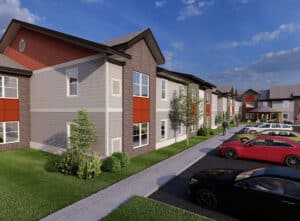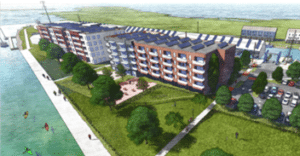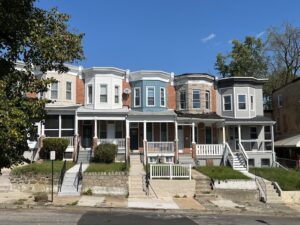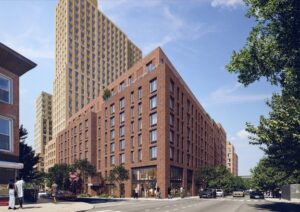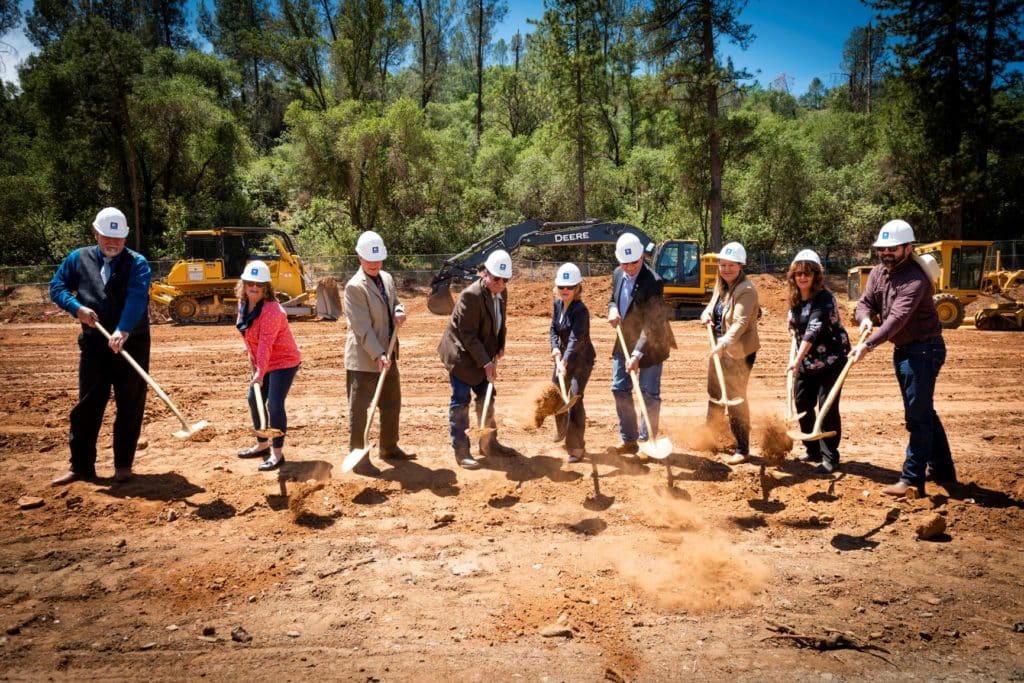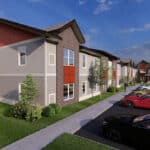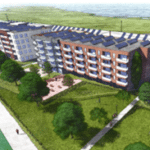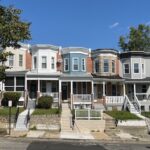To celebrate their 30th anniversary, Neighborhood Partnership Housing Services (NPHS) Inc. is setting an ambitious goal. They plan to double production in service to their mission of building generational wealth through homeownership.
“Everything we do is interconnected with housing: homeownership education, homeownership lending, homeownership preservation. With the current [foreclosure] moratoriums set to sunset, we’re working a lot on foreclosure intervention counseling and providing forbearance plan guidance to homeowners experiencing economic hardship,” said NPHS President and CEO Clemente Mojica.
Currently, NPHS builds 10-15 single-family homes per year, as well as 20-25 units of single- or multifamily rental housing. They aim to double their production of both. Rental income helps build their financial resources, leading to more opportunities to construct single-family homes.
Meeting Challenges Through Innovation
Efficiency and scale challengeNPHS’s scattered-site and in-fill developments. In some areas, the resale price can be lower than construction costs. Supply costs in southern California began rising well before the pandemic. NPHS turned to factory-built homes with permanent foundations. This cost-efficiency innovation stretches their development and subsidy dollars while producing less waste. When the cost of lumber skyrocketed during the pandemic, the increase seen by NPHS was about half of what it was for site-built homes.
Zoning, planning, and NIMBYism are major deal-killing forces in the “Inland Empire” where NPHS works, east of Los Angeles. The Inland Empire is primarily suburban, with small towns and open spaces where affordable homeownership is squeezed from many sides – affordable apartments can have more immediate impact, market-rate homes generate more tax revenue, and infrastructure costs are significant. NPHS has worked to help update local policies to help create environments that support affordable housing.
“We have a strong reputation creating affordable homeownership. Whenever there’s a vacant lot, people reach out to us to help develop it,” Mojica said.
Entrepreneurial Spirit
NPHS uses its innovative and entrepreneurial culture to build capacity and sustain its five areas of impact: affordable housing, neighborhood revitalization, community wealth building, environmental sustainability, and job creation and preservation.
They’ve developed multiple revenue streams, such as commercial real estate, financing, solar panels, or inclusive consumer lending products.
“Diversification helps our revenue and plays a role in our resilience to weather storms. During the [2009] financial crisis we committed to becoming more innovative, and we thrived. It has helped us during the pandemic as well. A lot of credit goes to our intuitive Board for allowing us to do this,” Mojica said.
NPHS’s inclusive consumer lending products even have names out of a start-up playbook: their down payment loan, Opportunity; solar loan, Sojourner Solar; home improvement loan, Renaissance; and small business loan, Pivot.
“Anyone can access these. We look back and see where the gaps are, and who really needs the financing. We have to be sure we create the pathways for people to access the funds, especially consumers of color,” Mojica said.
NPHS is always on the lookout for new opportunities and funding sources. The emerging research of recent years showing stable housing’s positive physical and mental health impacts, has provided NPHS another opportunity: developments funded by a health system. Dignity Health System is providing financing with a 2% interest rate for the construction of NPHS’s next 10 single family homes, a rate Mojica reports is harder to find at traditional banks.
“Health has entered the affordable housing space. In discussions with our Board, we wanted to get to that intersection to unlock low-cost capital. There are many benefits for all,” Mojica said.
Pivoting During COVID
Prior to the pandemic, NPHS planned to expand into small business lending, and created a small business lending product geared toward helping women become small business owners. When the pandemic hit, they launched a broader small business loan product to help businesses address the challenges brought by COVID. This funding could help with anything from taking their business online to buying tents and heaters for patio seating. Mojica credits listening to partner requests to helping them tailor their services and create new ones.
“Partners asked NPHS, as a brokerage, to provide the help. By the tenth ask, we knew it was time to develop the program. It turns out we had an untapped skillset to further help the traditionally underserved entrepreneurs, such as women and people of color, become small business owners.” Mojica said.
The same kind of input from partners led to their tenant improvement loan program for small business.
“It’s empowering. When you’re a small business at the mercy of a landlord, it’s so disempowering when they say ‘no.’ We know our stuff on construction, so we said we’d project manage the tenant improvements. It’s a win for everyone,” Mojica said.
In recent decades, the region’s demographic’s have evolved, and NPHS has evolved with it to help those in need find affordable housing.
“Our work for three decades has been about creating generational wealth for people of color through homeownership, which makes strides toward advancing racial equity,” Mojica said. “We use homeownership as a powerful tool to achieve this.”




